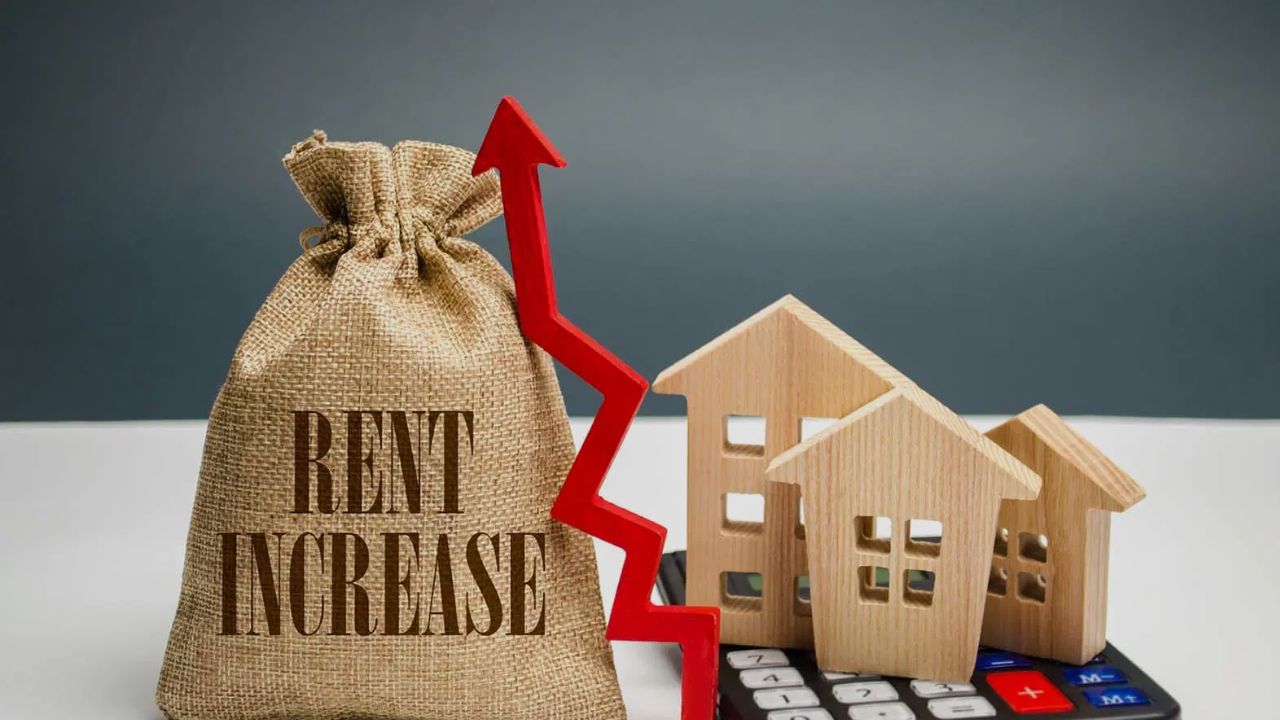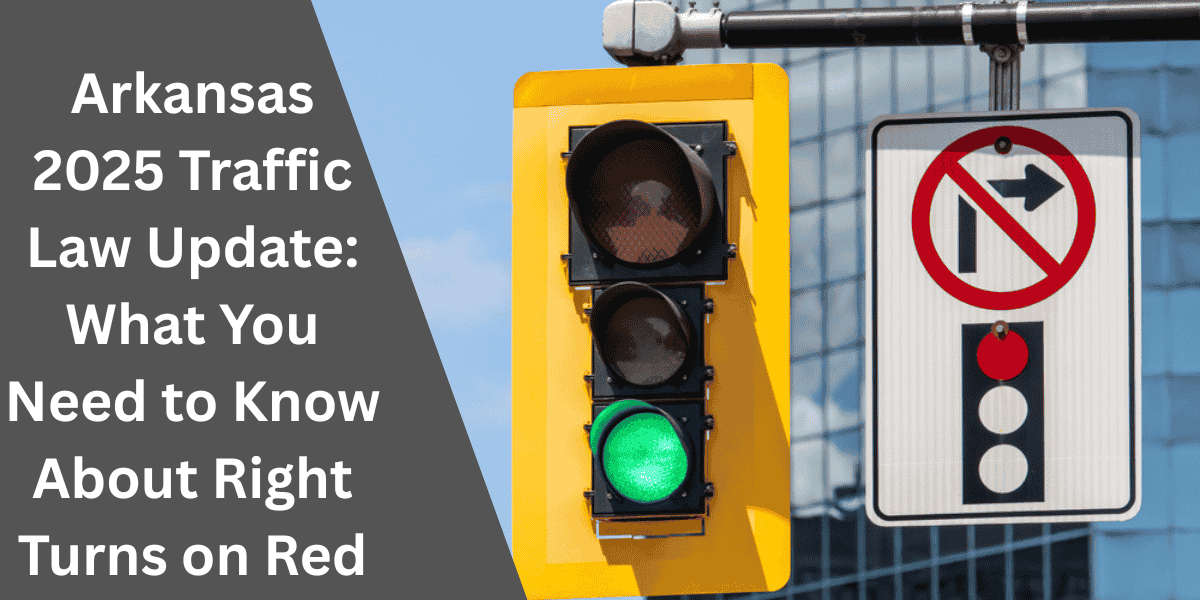Arizona – Arizona tenants will see important updates to rental laws in 2025 that affect rent increases, tenant protections, and property taxes. Understanding these changes is essential for renters looking to plan their budgets, protect their rights, and avoid surprises in their lease agreements.
No Statewide Rent Control
As of 2025, Arizona continues to have no statewide rent control. Landlords are free to set rental prices and increase rent amounts for private properties without restriction, provided they follow proper notice procedures.
Local governments, including cities and counties, are also prohibited from establishing their own rent control ordinances. This ensures that the same rules apply to all residential rentals across the state. Tenants in Arizona should understand that, unlike some other states, there is no legal cap on how much rent can rise each year for private, non-subsidized housing.
Notice Requirements for Rent Increases
Arizona law requires landlords to give tenants proper notice before any rent increase. The notice period depends on the type of lease:
- Month-to-Month Leases: Landlords must provide at least 30 days’ written notice.
- Week-to-Week Leases: A minimum of 10 days’ written notice is required.
- Fixed-Term Leases (e.g., one year): Rent cannot be increased during the lease term unless the lease specifically allows it. Any increase can only take effect after the lease ends and with proper notice.
These notice rules are designed to give tenants enough time to plan for changes or negotiate terms before any rent increase takes effect.
Legal Protections for Tenants
According to The Huron Insider, Arizona tenants are protected against discriminatory or retaliatory rent increases. Landlords cannot raise rent based on race, religion, gender, or other protected characteristics. Rent increases also cannot occur in retaliation for tenants exercising their legal rights, such as requesting repairs, reporting safety violations, or filing complaints.
If a tenant believes a rent increase is illegal, they have the right to challenge the increase in court. Tenants should maintain documentation of any lease agreements, notices, or correspondence with landlords to support their case.
2025 Update: Municipal Rental Tax Repeal
Starting January 1, 2025, Arizona has repealed the municipal rental tax (Transaction Privilege Tax or TPT) on residential leases of 30 days or more. This tax previously averaged around 2.5% of monthly rent and is no longer added to tenants’ bills.
Although the rental tax has been repealed, landlords are still required to register rental properties with the county assessor and comply with all existing landlord-tenant regulations. This ensures accountability while reducing the overall cost burden on tenants.
Read Also: Minnesota Rent Laws 2025: How Much Can Your Landlord Raise Rent?
Affordable Housing and Exceptions
While most private rentals in Arizona are not subject to caps, subsidized or affordable housing may follow separate rules. Properties in federal or state programs, such as Section 8 housing, may have specific rent limits and notice requirements, so tenants in these programs should review their agreements carefully.
Summary Table: Key Arizona Rent Rules 2025
| Rule/Requirement | Details (2025) |
|---|---|
| Rent Control | None statewide; local caps not allowed |
| Notice for Month-to-Month | 30 days’ written notice |
| Notice for Week-to-Week | 10 days’ written notice |
| Fixed-Term Lease | No increase until lease ends (unless allowed) |
| Rental Tax | Repealed as of Jan. 1, 2025 |
| Discrimination/Retaliation | Prohibited by law |
| Subsidized Housing | May have separate rules |
Key Takeaways for Arizona Tenants
- Rent increases are allowed if proper notice is given and the lease is not fixed-term.
- Written notice is legally required before any rent increase can take effect.
- Illegal or retaliatory increases are prohibited under state law.
- Municipal rental tax is no longer charged for most residential leases.
- Tenants in subsidized or affordable housing may have special rules that differ from standard rental properties.
By staying informed about these 2025 updates, Arizona tenants can better protect their rights, budget effectively, and ensure that their living arrangements remain stable and legally compliant.
For tenants seeking additional guidance or wishing to discuss these updates, staying connected with local tenant organizations and legal resources is strongly recommended.
Have questions about your Arizona rental rights? Share your thoughts and experiences in the comments at ibwhsmag.com.


 by
by 

